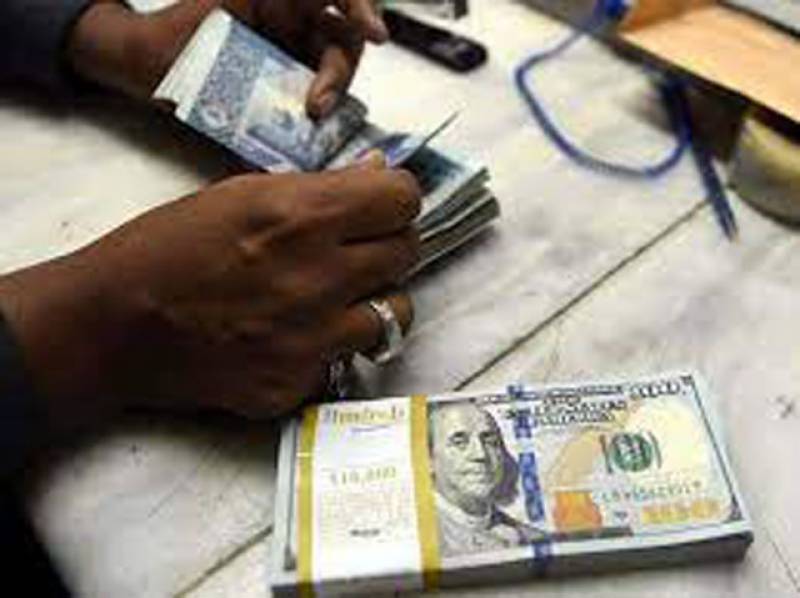
The currency conundrum has been a longstanding issue in Pakistan’s economy, with the complex relationship between exchange rates and inflation presenting a significant challenge for policymakers.
The country’s economy has been subject to various external and internal pressures, such as fluctuations in global oil prices, political instability, and imbalanced trade relations, which have impacted its exchange rate and inflation rates. As a result, understanding the dynamics between these two factors is essential for developing effective strategies to stabilize the economy and improve the standard of living for citizens. Evidence from shopkeepers and consumers alike suggests that rising prices are a major concern for many Pakistanis, with some describing how they have had to make difficult choices about what to buy and how much to spend as a result of the currency conundrum.
Pakistan’s economy has been struggling with the issue of inflation for several years now, with the inflation rate hovering around double digits for most of the past decade. Inflation has had a significant impact on the purchasing power of the average Pakistani, leading to increased costs of living and making it difficult for low-income families to make ends meet. At the same time, the country’s exchange rate has also been subject to volatility, with fluctuations in the Pakistani rupee affecting the cost of imports and exports. Exchange rates and inflation are inherently connected, and changes in one can have a significant impact on the other. In Pakistan, the country’s high inflation rate has been attributed, in part, to fluctuations in the exchange rate. A weaker rupee, for example, makes imported goods more expensive, driving up the cost of living for average citizens. Conversely, a stronger rupee can lead to lower inflation, as the cost of imports decreases. Understanding the relationship between exchange rates and inflation is critical to developing effective strategies for managing the economy and improving the overall standard of living for Pakistanis.‘Harry Potter Viaduct’ in Scotland offers breathtaking view to visitors
There are several factors that can affect exchange rates and inflation in Pakistan. One major factor is the country’s trade balance, which refers to the difference between the value of goods and services that a country exports and the value of those that it imports. When a country has a trade deficit, meaning it imports more than it exports, this can put pressure on its currency and cause it to depreciate. This can in turn lead to higher inflation, as imported goods become more expensive. Another factor that can affect exchange rates and inflation in Pakistan is the country’s monetary policy. The State Bank of Pakistan, the country’s central bank, is responsible for setting monetary policy, which includes setting interest rates and controlling the money supply. When the central bank raises interest rates, this can attract foreign investment and strengthen the currency, which can help to control inflation. However, higher interest rates can also slow down economic growth, which can have a negative impact on employment and other economic indicators.Tsitsipas sweeps Murray away in Wimbledon
In Pakistan, the relationship between exchange rates and inflation is complex and multifaceted. The exchange rate is affected by a variety of factors, including political instability, trade deficits, and the overall health of the economy. These factors, in turn, can impact the country’s inflation rate. While a weak exchange rate can make imports more expensive and contribute to inflation, it can also make exports more competitive and boost economic growth. On the other hand, a strong exchange rate can help control inflation by making imports cheaper, but it can also harm exports and economic growth. Therefore, it is crucial to carefully analyze the relationship between exchange rates and inflation to develop effective policies to manage these interrelated issues in Pakistan.
To manage exchange rates and inflation in Pakistan, the government has implemented a number of strategies. One approach is to use monetary policy to control inflation. The State Bank of Pakistan, the country’s central bank, uses a variety of tools to manage inflation, including adjusting interest rates and reserve requirements for commercial banks. The government also uses fiscal policy to manage inflation by controlling its spending and taxation policies. In addition, the government has implemented various structural reforms to improve the country’s productivity and competitiveness, including improving infrastructure, encouraging foreign investment, and promoting exports.Thunderstorms, rain continue lashing several parts of country
Another strategy for managing exchange rates and inflation is to use exchange rate policies. In Pakistan, the State Bank of Pakistan has a flexible exchange rate policy, which allows the exchange rate to adjust to market conditions. This means that the exchange rate is determined by the supply and demand of foreign currency in the market. However, the government may intervene in the foreign exchange market to prevent excessive volatility in the exchange rate. The government can also use exchange controls, such as limits on the amount of foreign currency that individuals and businesses can purchase, to manage the exchange rate. Finally, the government can use exchange rate pegs, where the exchange rate is fixed to a certain currency, to provide stability in the exchange rate.
Managing exchange rates and inflation is a complex task that requires a comprehensive understanding of various economic factors and their interplay. In Pakistan, the government and the central bank have implemented various policies to address the challenges of exchange rate and inflation management, but there is still much work to be done. It is important to continue exploring and implementing strategies that promote stable exchange rates and moderate inflation, as these factors play a significant role in determining the overall economic health of the country. By prioritizing sound economic policies and effective management strategies, Pakistan can continue to move towards a more stable and prosperous future.








